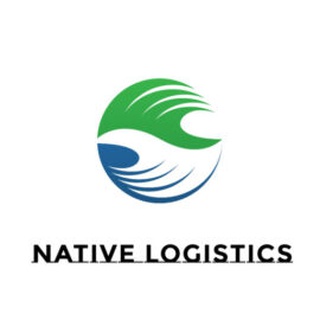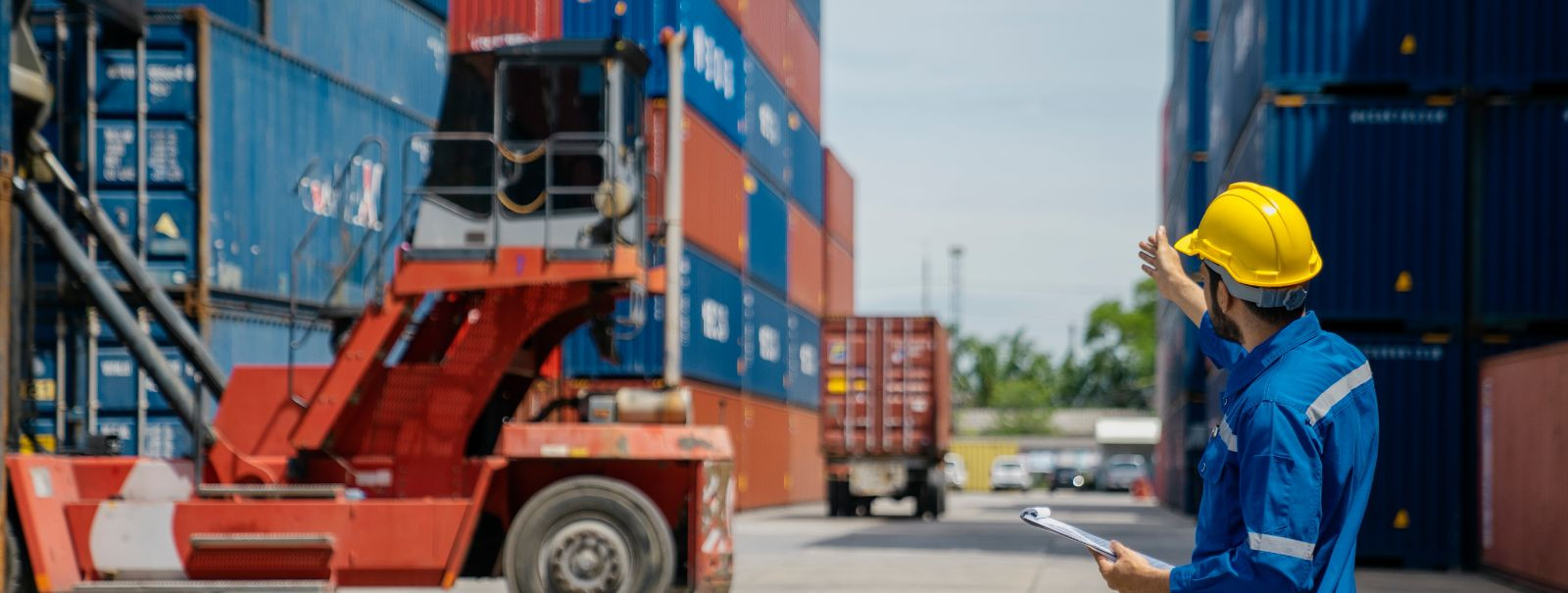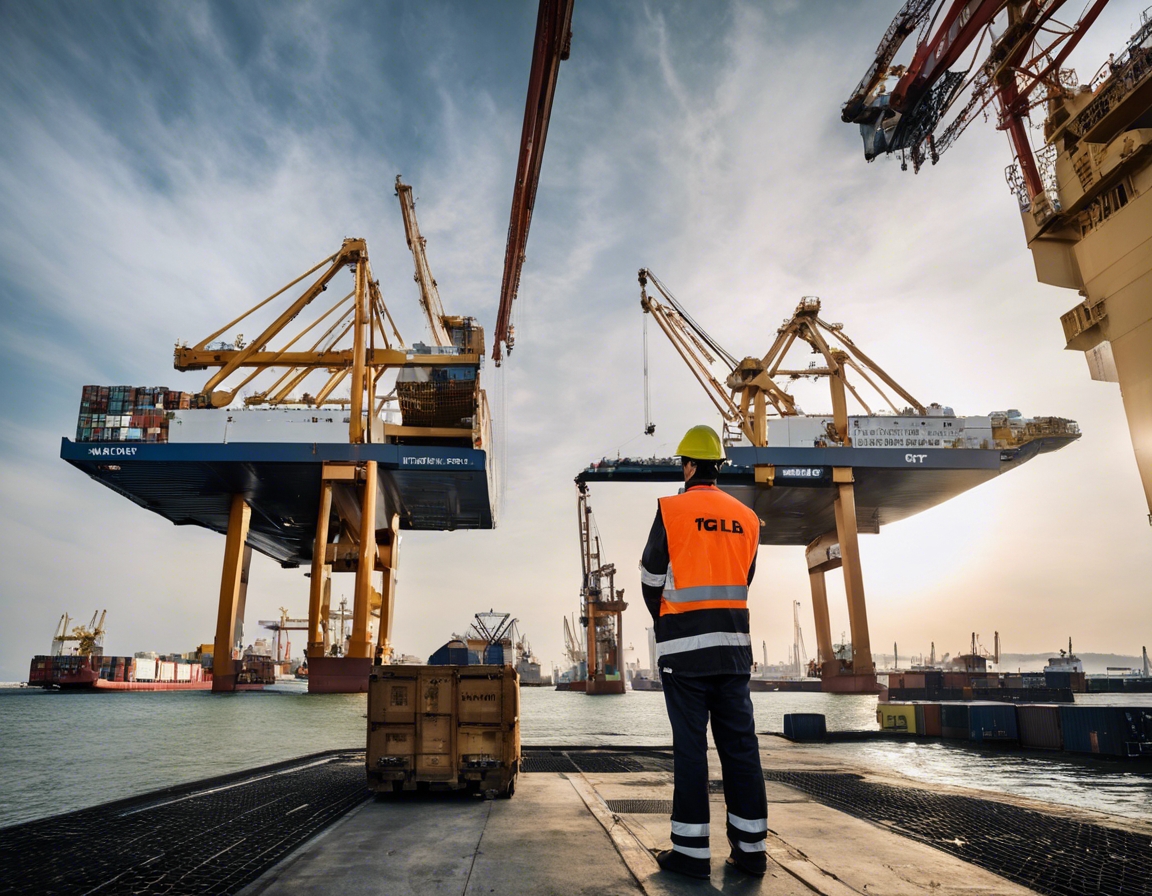Understanding ftl vs. ltl: which is right for your business?
Transporting goods is a critical component of any business operation. The method you choose for shipping can significantly impact your bottom line and customer satisfaction. Understanding the differences between Full Truckload (FTL) and Less Than Truckload (LTL) shipping is essential for making an informed decision that aligns with your business needs.
FTL shipping involves hiring an entire truck to transport your goods, while LTL shipping allows your freight to share space with other shipments on the same truck. Each has its unique set of benefits and considerations.
Selecting the correct freight option can lead to cost savings, improved efficiency, and better resource management for your business.
Full Truckload (FTL) Shipping
FTL shipping is best for large shipments that can fill an entire truck. It's a direct shipment method from the point of origin to the destination without stops to add or remove other cargo.
- Exclusivity and security for your shipment
- Faster delivery times as there are no additional pickups or drop-offs
- Less handling of freight, reducing the risk of damage
- Ability to transport large, heavy, or special care items
FTL is ideal for businesses with enough goods to fill a truck, require expedited shipping, or have high-value or fragile items that need minimal handling.
Less Than Truckload (LTL) Shipping
LTL shipping is suitable for smaller shipments that do not require the space of an entire truck. It's a cost-effective method that consolidates freight from multiple shippers.
- Cost savings for not needing to pay for a full truck
- Flexibility with shipment size and weight
- Environmentally friendly due to shared resources
- Additional services like liftgate and inside delivery
LTL is perfect for businesses with smaller freight loads, looking for more economical shipping options, or those who do not have time-sensitive deliveries.
Comparing FTL and LTL Shipping
FTL can be more cost-effective for large shipments, while LTL can reduce costs for smaller loads. Understanding your freight size and frequency can help determine the most economical choice.
FTL typically offers faster delivery since the truck is dedicated to your shipment. LTL may take longer due to multiple stops and handling.
FTL provides better security and less handling, which is crucial for delicate or high-value items. LTL, while secure, involves more touchpoints.
LTL shipping is often seen as more environmentally friendly due to the consolidation of goods, leading to fewer emissions per shipment.
Factors to Consider When Choosing FTL or LTL
Assess the size and volume of your shipment to determine if it can economically fill an FTL or if LTL would be more appropriate.
The type of goods you're shipping may require the exclusivity and safety of FTL, or they may be well-suited for the shared environment of LTL.
Consider how quickly you need your goods delivered. FTL is typically faster, while LTL may offer more flexibility with delivery windows.
Your budget will play a significant role in deciding between FTL and LTL. Weigh the cost against the benefits of each option.
Any special handling or delivery requirements may necessitate the use of FTL to ensure your goods are transported under the best conditions.






Comments (0)